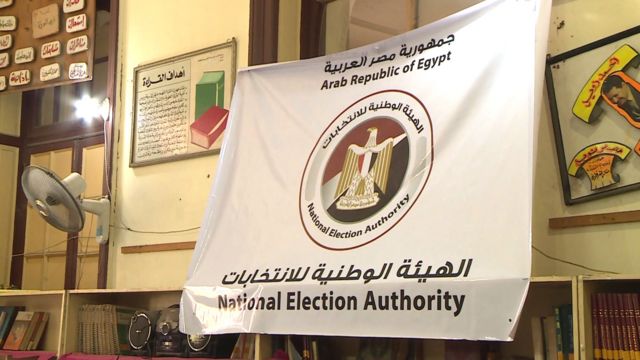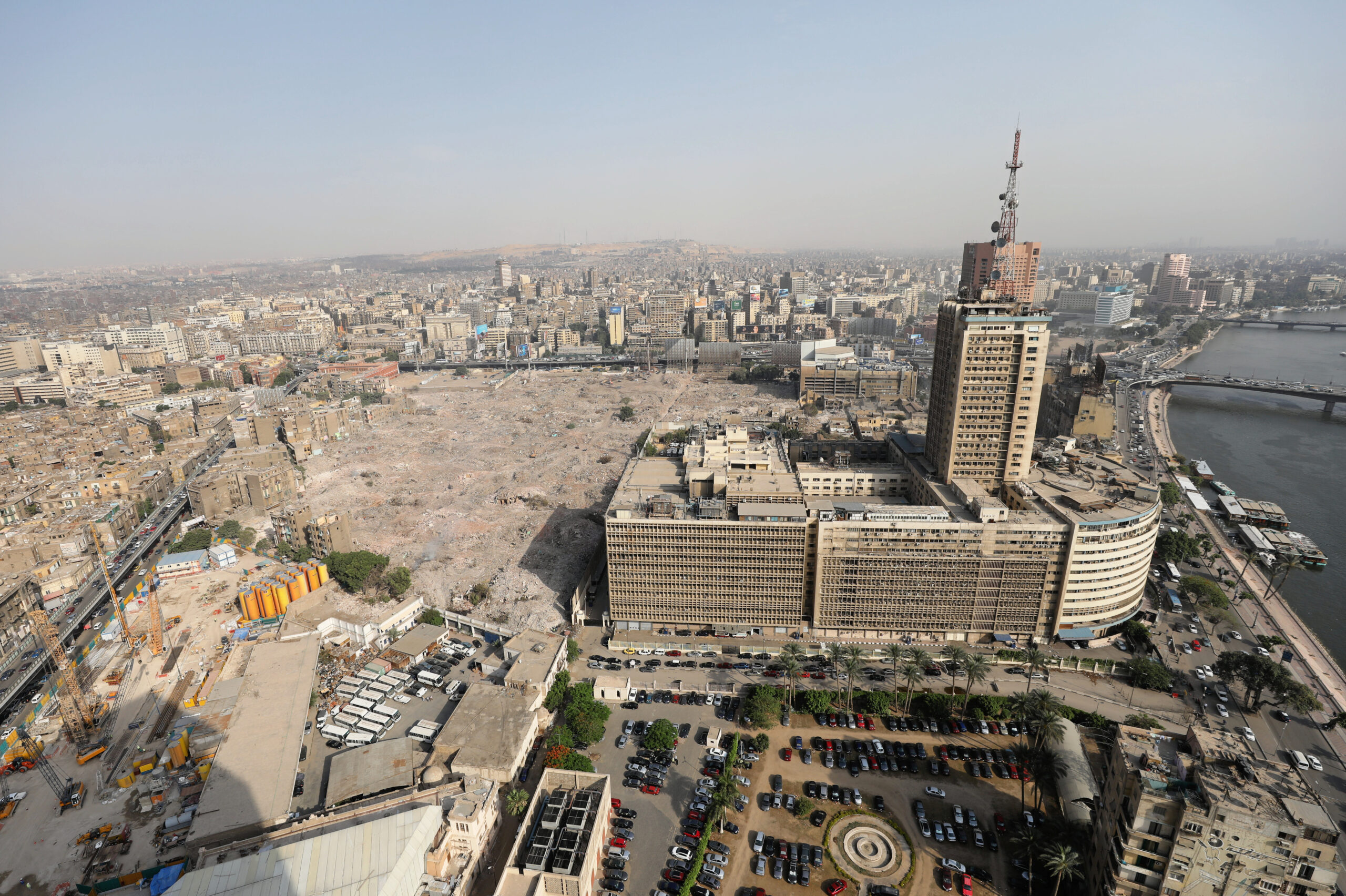Wholesale violations were monitored by Egyptian human rights organisations in the first stage of the House of Representatives (parliament) elections and the National Council for Human Rights (governmental) admitted these violations.
On Saturday and Sunday, in 14 governorates, Egyptians went to the polling stations to cast their votes to choose parliament members in the first phase of the elections, amid general apathy by voters. Egyptians vote to choose 568 of the 596 members of parliament, provided that Abdel Fattah al-Sisi will appoint the remaining deputies. Half of the House of Representatives are elected on the individual system, and the other half through the “absolute closed lists” system, which wastes about 49 per cent of the vote.
According to the National Council, many violations were carried out by the candidates’ supporters of the Nation’s Future Party (NFP), which is close to the authorities, which challenges the entire electoral process’ integrity. The National Council’s mission monitored many violations of the electoral process and referred it to the National Elections Authority for consideration, including directing voters to vote for the National List for Egypt led by the NFP. The council also monitored that some supporters of the same party entered polling booths and raised propaganda pictures of its candidates. The council’s mission also monitored voter orientation by distributing sealed cards to the party’s candidates through which the voter gets an agreed sum of money after casting his vote.
The attempts of the NFP to mobilise the elderly, women, and Copts in the face of low turnout, especially in popular and densely populated areas, were also clearly evident, in exchange for a plastic bag containing food commodities, or sums ranging from EGP 50 to 100 ($3.2- $6.4). The mission also monitored several violations, including mass transit using private vehicles for the candidates’ supporters, the distribution of political money in exchange for voting for them, and the presence of electoral propaganda and directing citizens before the committees. It also monitored the existence of tents of some candidates metres away from the committees, to get voters’ national identity cards in exchange for money.
Such abuses were evidenced by an official statement by Mohamed Fouad, a member of the Egyptian parliament and candidate of the Egyptian Democratic Party in Giza, on Sunday, regarding “the involvement of some of its competitors in gross violations that harm and disrupt the conduct of the electoral process.” Fouad accused a competitor of defrauding citizens, collecting copies of their identity cards, and deluding them into obtaining EGP 300 ($19) for one vote in the ongoing House of Representatives elections.
The irregularities included, according to the memorandum, the establishment of many party candidates for assembly points and cloakrooms in separate areas of the constituency to mobilise voters, using political money in exchange for citizens voting for them. He said that these points increase the process of collecting identity cards for citizens and distributing cash and in-kind gifts to them to vote for them in the elections. He added, “These candidates have taken advantage of some charitable societies, by using them to mobilise citizens who benefit from their services and buy their electoral votes, which is a violation of the provisions of the constitution.” Identical sources in Egyptian NGOs revealed earlier that the Nation’s Future party addressed all associations in the governorates formally, to request lists of the poor and beneficiaries in each charity, and to acquire copies of their identity cards, which reinforces doubts about the intentions of rigging the parliament elections.
On the other hand, the International Mission for Election Follow-up said, in a report on election propaganda, that several candidates exceeded the electoral spending ceiling set in the House of Representatives law by EGP 2 million ($127,000). Mutual accusations by some candidates were made against their rivals of using “political money” in advertising in violation of the law, and the decisions of the National Elections Authority’s decisions, complaints that the commission has not investigated until now. The mission criticised the lack of a mechanism for citizens and civil society organisations to quickly submit the violations they monitored to the National Elections Commission to deal with it and to punish violators using legally established penalties.
It should be noted that the National Elections Authority in Egypt only allows limited foreign organisations to supervise the elections for the House of Representatives. These organisations are the Gals Forum International, the African Platform, the Uganda National NGO Forum, the Entrepreneurship and Social Economy Group (EKO) from Greece, the Development and Human Rights which includes Volunteers without Borders (VWB), the Zemus Association, and the Elizka Relief Foundation. The commission accepted the supervision of 37 local organisations and excluded all organisations that criticise the Egyptian regime over their human rights violations.
The previous parliament was elected at the end of 2015, a year after al-Sisi took office, in a polling process that lasted a month and a half, and in the near absence of the opposition. The participation rate was low (28 per cent) in those elections, in contrast to the atmosphere of enthusiasm that prevailed in the 2012 elections, which were organised after the January revolution, in which the Islamists won by a large percentage. On social networks, the elections were severely criticised, describing the vote as “pointless” or a “farce.”
Since the coup against the late president Mohamed Morsi in 2013, and al-Sisi’s ascent, the security services have launched a wide campaign against the Islamists, especially the Muslim Brotherhood group, of whom hundreds were arrested. The campaign subsequently extended to the liberal and leftist opposition, to journalists and bloggers. Demonstrations were banned in Egypt since 2013, and a state of emergency was imposed since 2017.





Recent Comments